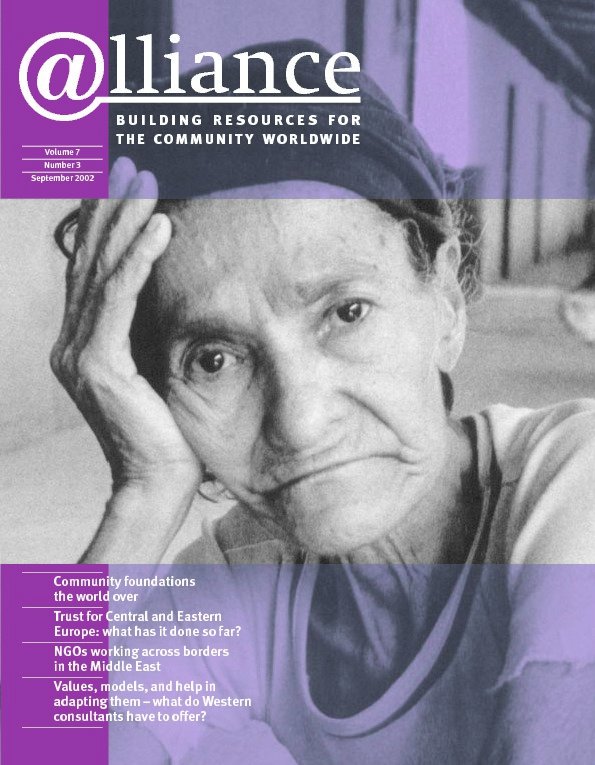Part report and part analytical text, NGOs Engaging with Business is perhaps the most scholarly of the relatively new genre of works addressing the need for non-profits and transnational corporations to find ways to cooperate more effectively in curing the world’s socio-economic ills.
Simon Heap directs his work mostly to the need for NGOs to recognize that TNCs have effectively ‘invaded their turf’. This has happened because the economics of world business have changed and because governments increasingly fail to provide adequate goods and services to the public.
He takes at face value the characteristics of modern business, while noting changes needed with respect to TNCs squarely facing their newly acquired social responsibilities. He then turns to ‘new’ strategies that he feels more NGOs must consider if they wish to maintain their long-term credibility and ensure the ‘sustainability’ of efforts to deal with critical social problems around the world.
He concludes that ‘big’ NGOs have far more in common with ‘big’ corporations than perhaps is commonly recognized. He also concludes that development NGOs have much to learn from environmental NGOs, which have made a good deal of progress in finding workable partnerships with business – most likely, he posits, because companies perceive an immediate need to ‘clean up’ their environmental act.
The book takes more of a political economic than a ‘business case’ approach in presenting a somewhat mixed bag of cases of successful NGO-corporate cooperation – something I find attractive but possibly slightly confusing to most readers. The value of this is to demonstrate the complexities that often accompany attempts to bring more cooperation between what some consider ‘strange bedfellows’. The environments in which cooperation is to be acted out have a good deal to do with any likely success.
It is this latter point that I believe this book may have failed to address. ‘Big NGOs’ combining with ‘Big Business’, and on occasion with ‘Big Multilateral and Big Bilateral’ development aid organizations, is not necessarily good news for the prospective recipients of this combined largesse. To some, it must seem as though the ‘league of the foreign devils’ has just increased geometrically, and that their ability to achieve self-determination and self-help has thus become even less attainable. Success in cooperating to solve what are, after all, local problems cannot come at the expense of enabling local people to find their own solutions.
Finally, I think the author needs to take note of some of his own observations about understanding markets and the way markets often determine results. This work will be more effective if it is ‘packaged’ differently for the audiences he hopes to reach. There are important observations in this work for business, NGOs, scholars interested in the subject, and the public in general. However, I conclude that ‘one size does not fit all’ in this instance. Most importantly, one would like to see a version directed to business leaders in a language and form that is more likely to be read.
Delwin Roy is a consultant on strategies for global corporate community involvement. From 1985 until 1998 he was President and CEO, The Hitachi Foundation. He is now Director, Loita Capital Holdings Africa, based in Johannesburg, and Chairman and CEO, the Eric Edward Roy Fund for Education in Africa (a Washington DC-based non-profit). He can be contacted by email at DARoy@aol.com
NGOs Engaging with Business
Simon Heap
INTRAC £15.95
To order, contact Carolyn Lawrence at INTRAC.
Tel +44 1865 201 851
Fax +44 1865 201 852
Email c.lawrence@intrac.org






Comments (0)